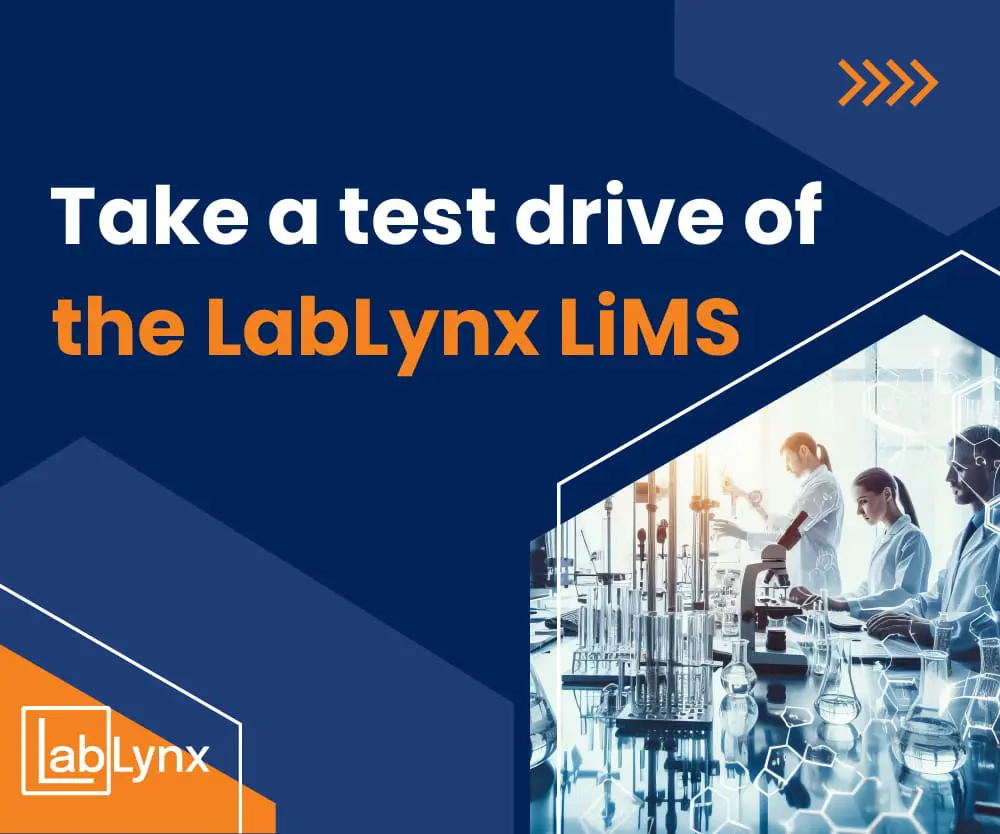Big Data Ethics in the Laboratory: The Critical Role of LIMS
The rapid advancement of technology has ushered in an era of unprecedented data generation, particularly in the scientific realm. Laboratories are at the forefront of this data explosion, producing massive volumes of information from experiments, analyses, and research projects. This wealth of data, often referred to as “big data,” holds immense potential for scientific discovery, but it also raises significant ethical concerns. Laboratory Information Management Systems (LIMS) play a crucial role in navigating the ethical landscape of big data in laboratory settings.
Understanding Big Data Ethics in the Lab
Big data ethics encompasses a wide range of considerations related to the collection, storage, analysis, sharing, and use of large-scale data sets. In the laboratory context, these ethical issues can include:
- Data Privacy: Protecting the confidentiality and security of sensitive information, such as patient data, genetic information, or proprietary research findings.
- Data Bias: Ensuring that data collection and analysis methods are unbiased and do not perpetuate discriminatory practices.
- Data Ownership and Access: Determining who owns laboratory data and who should have access to it, particularly when collaborations or commercialization are involved.
- Data Transparency: Ensuring that data collection and analysis processes are transparent and documented, allowing for reproducibility and accountability.
- Data Use and Misuse: Establishing guidelines for the appropriate use of data and mitigating the risk of misuse, such as for unauthorized surveillance or discrimination.
The Role of LIMS in Addressing Big Data Ethics
LIMS software plays a pivotal role in addressing these ethical concerns by providing a structured framework for managing big data in the laboratory. Here’s how:
- Data Security and Privacy: LIMS systems offer robust security features, such as encryption, access controls, and audit trails, to safeguard sensitive laboratory data.
- Data Governance: LIMS enables the establishment of data governance policies and procedures, defining roles and responsibilities for data management and access.
- Data Quality and Integrity: LIMS ensures the accuracy, consistency, and traceability of data throughout its lifecycle, promoting reliable and reproducible research.
- Data Sharing and Collaboration: LIMS facilitates controlled data sharing and collaboration within and outside the laboratory, while respecting privacy and confidentiality concerns.
- Transparency and Documentation: LIMS maintains comprehensive records of data collection, processing, and analysis, ensuring transparency and accountability.
Best Practices for Ethical Big Data Management with LIMS
To maximize the ethical benefits of LIMS in managing big data, laboratories should consider the following best practices:
- Develop a Comprehensive Data Policy: Create a clear and comprehensive data policy that addresses privacy, ownership, access, and usage guidelines.
- Regularly Review and Update: Review and update your data policy regularly to adapt to changes in technology and regulations.
- Implement Strict Access Controls: Limit access to sensitive data to authorized personnel only and use strong authentication methods.
- Train Staff on Data Ethics: Educate laboratory staff on the importance of data ethics and the responsible handling of sensitive information.
- Conduct Regular Audits: Perform routine audits to ensure compliance with data policies and identify potential vulnerabilities.
- Use Anonymization and De-identification: When sharing data, employ anonymization and de-identification techniques to protect individual privacy.
The Future of Big Data Ethics and LIMS
As technology continues to evolve, the ethical considerations surrounding big data in laboratories will only grow in complexity. LIMS will continue to play a critical role in navigating this landscape, with advancements in AI, machine learning, and blockchain technology potentially enhancing data privacy, security, and governance.
Conclusion
The ethical management of big data is paramount in laboratory settings. LIMS provides a robust framework for addressing the complex ethical challenges associated with large-scale data sets, ensuring data privacy, security, integrity, and transparency. By embracing best practices for data governance and leveraging the capabilities of LIMS, laboratories can harness the power of big data while upholding the highest ethical standards.


